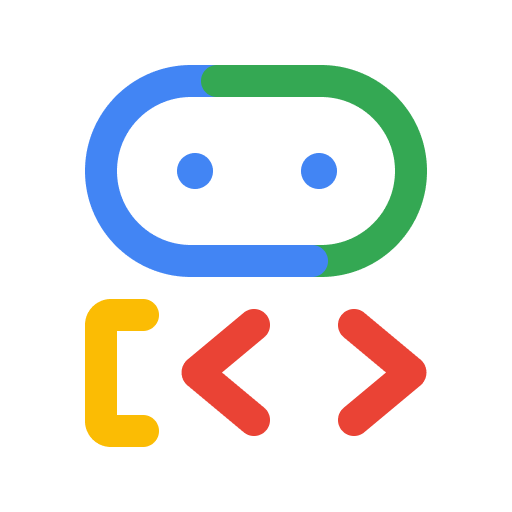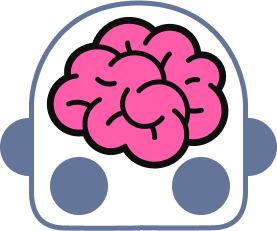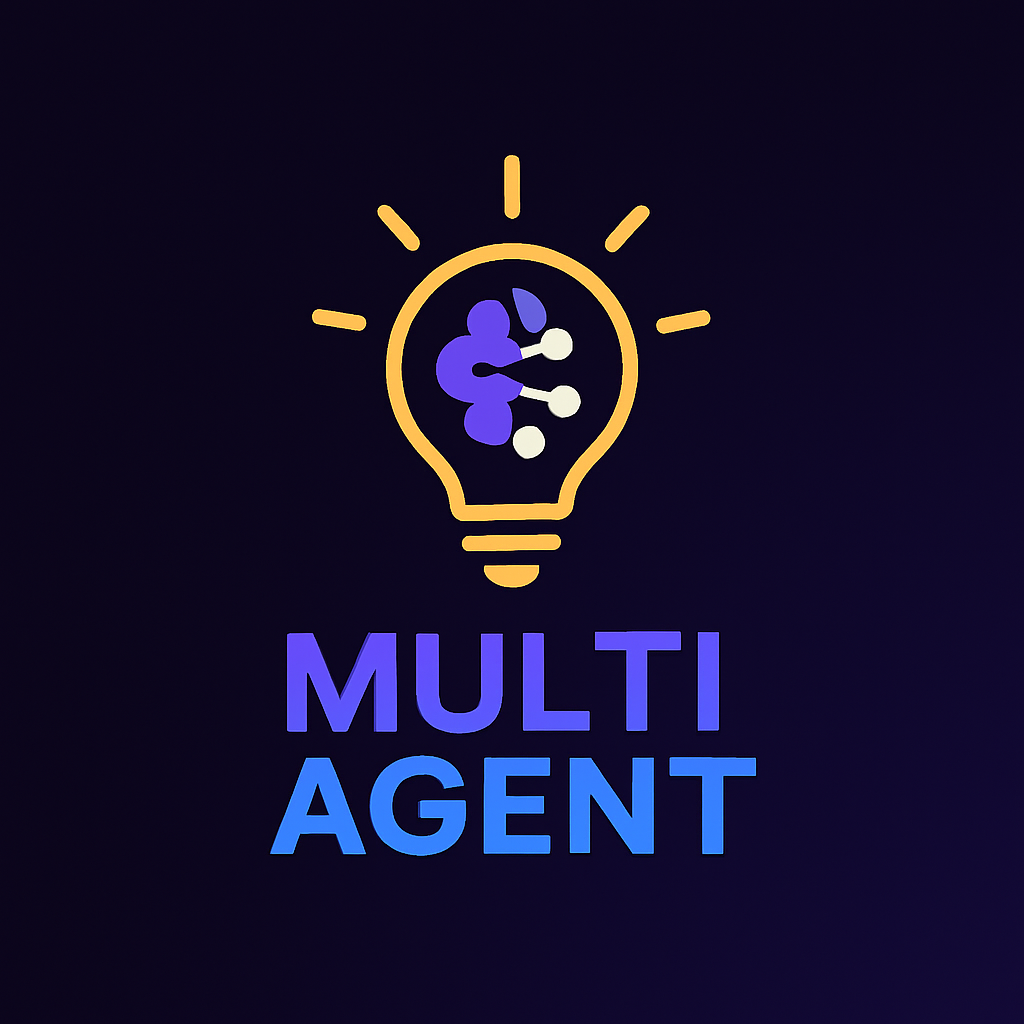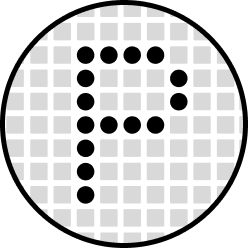Agent Development Kit
Alternatives
0 PH launches analyzed!

Agent Development Kit
Build multi-agent systems with Google's open framework
171
Problem
Developers and engineers building multi-agent systems face challenges with time-consuming setup, lack of integrated tooling, and difficulty in evaluating system performance using fragmented or custom-built frameworks.
Solution
An open-source development framework (ADK) enabling users to build multi-agent systems with flexible orchestration, a rich tool/model ecosystem, and built-in evaluation capabilities, e.g., creating collaborative AI agents for automated workflows.
Customers
AI developers, machine learning engineers, and researchers working on complex multi-agent applications in industries like automation, robotics, or enterprise AI solutions.
Unique Features
Google-backed open-source infrastructure, native integration with Google’s AI ecosystem, declarative orchestration, and pre-built evaluation metrics for agent performance.
User Comments
Simplifies multi-agent development
Seamless Google ecosystem integration
Powerful evaluation tools
Lacks extensive documentation
Steep learning curve for beginners
Traction
1,100+ upvotes on Product Hunt, 2.8k GitHub stars, used by 500+ teams (self-reported), founder has 5.4k followers on X.
Market Size
The global AI developer tools market is projected to reach $42 billion by 2028 (Grand View Research, 2023), driven by demand for collaborative AI systems.

Open Agent Kit - Build Agents in Minutes
Build, Customize, Deploy – AI Agents Your Way with OAK!
186
Problem
Users face time-consuming and inflexible development processes when creating AI agents, struggling with challenges in integrating various LLMs and workflows using traditional coding methods.
Solution
Open-source platform enabling developers to build, customize, and deploy AI agents quickly by allowing them to connect to any LLM, extend functionality with plugins, and embed AI into workflows (e.g., automating customer support or data analysis tasks).
Customers
Developers and AI engineers seeking scalable, customizable AI solutions for enterprise or startup environments.
Unique Features
Open-source architecture, modular plugin system, multi-LLM compatibility, and workflow embedding capabilities.
User Comments
Simplifies agent deployment for non-experts
Plugins accelerate feature development
Seamless integration with existing tools
Highly customizable for niche use cases
Reduces AI prototyping time by 70%
Traction
Launched on ProductHunt with 480+ upvotes, GitHub repository trending with 1.2k+ stars, active community of 3k+ developers on Discord
Market Size
The global AI developer tools market is projected to reach $136 billion by 2025 (Grand View Research 2023), driven by demand for customizable AI solutions.

Maia Test Framework
A pytest-based framework for testing multi AI agents systems
7
Problem
Users currently rely on manual testing or generic testing frameworks for multi-AI agent systems, which are time-consuming and lack specialized tools to handle complex agent interactions and scalability issues.
Solution
A pytest-based framework for testing multi-AI agents systems, enabling users to create complex simulations, run tests, and capture results (e.g., validating agent communication, performance benchmarking).
Customers
Developers and QA engineers working on AI-driven applications, researchers simulating multi-agent environments, and teams building autonomous systems (demographics: tech-savvy professionals in AI/ML fields).
Unique Features
Built on pytest for compatibility, extensible architecture for custom agent behaviors, and dedicated tools for debugging multi-agent interactions.
User Comments
No user comments available from provided data.
Traction
Open-source project hosted on GitHub (radoslaw-sz/maia), no explicit traction metrics (revenue, users) listed in provided data.
Market Size
The global AI testing market is projected to reach $1.2 billion by 2025 (Allied Market Research), driven by demand for scalable QA solutions in AI/ML applications.

Open Agent Studio
Build no-code agents to target markets untouched by AI
373
Problem
Businesses attempting to integrate AI and automation technologies often struggle with the complexity and rigidity of traditional RPA tools, which rely heavily on brittle code selectors or computer vision.
Solution
Open Agent Studio is a no-code platform that allows users to build RPA agents using simple English to create business automations previously considered impossible.
Customers
Businesses in various industries looking to simplify their automation process and remove barriers posed by traditional coding requirements.
Alternatives
View all Open Agent Studio alternatives →
Unique Features
Uses natural language processing to interpret simple English for automation creation, breaking away from traditional complex coding methods.
User Comments
Simplifies the RPA implementation process
Revolutionary use of natural language in automation.
Reduces the learning curve for non-technical users.
Enables rapid prototyping and deployment.
Lowers the barrier to entry for small businesses.
Traction
Recently launched on ProductHunt, gaining initial attention and interest from the tech community.
Market Size
The global RPA market is expected to reach $13.74 billion by 2028.

Open-source agent development engine
Deploy agents and Slackbots directly from your terminal
12
Problem
Developers manually code and deploy AI agents from scratch, leading to time-consuming setup and lack of integrated deployment tools.
Solution
An open-source engine (terminal/Slackbot-integrated tool) enabling developers to build, test, and deploy custom AI agents from the terminal with pre-configured workflows and Slack integration.
Customers
Developers, DevOps engineers, and engineering teams working on AI automation and CI/CD pipelines.
Unique Features
Terminal-first CLI, Slackbot deployment, open-source extensibility, and batteries-included testing frameworks.
User Comments
Simplifies agent deployment
Saves hours of setup time
Slack integration boosts productivity
Open-source flexibility is a plus
Steep learning curve for non-devs
Traction
Open-source with 1.2k GitHub stars, featured on Product Hunt (exact metrics undisclosed), active community contributions.
Market Size
The global $15 billion DevOps tools market (Grand View Research 2023), with AI automation tools growing at 24% CAGR.

Golang Agent Development Kit
Build production-ready AI agents in Go.
7
Problem
Users developing AI agents in Go must manually handle agent orchestration, memory systems, and tool integration, leading to increased development time and complexity.
Solution
A Go-based starter kit enabling developers to build multi-modal AI agents with pre-configured agent orchestration, memory systems, and tool calling, simplifying production-ready deployment.
Customers
Go developers and engineering teams focused on AI agent development, particularly in backend systems or DevOps environments.
Unique Features
Tailored for Go (uncommon in AI ecosystems), production-ready infrastructure, and modular design for custom agent logic without boilerplate setup.
User Comments
Saves weeks of setup time
Essential for Go-based AI projects
Simplifies multi-agent workflows
Lacks Python alternatives' ecosystem
Requires Go proficiency
Traction
Launched in 2024 on ProductHunt, early-stage traction with specific metrics undisclosed; targets the growing Go developer community (2M+ global developers).
Market Size
Global AI developer tools market projected to reach $1.8 trillion by 2030, with Go ranking among top 10 most-used programming languages (2.3M active developers).

ANUS Autonomous Networked Utility System
Open-source AI agent framework built entirely by Manus AI
11
Problem
Users struggle with developing AI systems independently because the traditional method requires a vast amount of coding expertise and significant time investment. The drawbacks of this old situation include significant time investment and a vast amount of coding expertise.
Solution
An open-source AI agent framework designed and coded by Manus AI, allowing users to build AI systems quickly and efficiently. Users can develop systems with complete architecture, documentation, and tooling in less than 25 minutes. This includes the ability to have AI create complete systems and provision architecture and documentation.
Customers
Developers and tech enthusiasts looking for quick AI framework solutions, with a focus on productivity and reducing development time. These individuals are typically engaged in AI development and appreciate versatile, open-source platforms.
Unique Features
The ability for AI to design and code AI frameworks autonomously in less than 25 minutes is a standout feature. Additionally, it offers a fully open-source format that facilitates rapid deployment and documentation.
User Comments
Users appreciate the innovation and speed of development.
The concept of AI creating AI is seen as groundbreaking.
Ease of use and rapid implementation are highlighted positively.
Some users express concerns about the practicality for larger projects.
The open-source nature is valued by developers and tech communities.
Traction
The product launched with the unique capability of being autonomously built by AI. Initial traction details like user base, revenue, or financing specifics are not provided in the available information.
Market Size
The global AI market was valued at $62.35 billion in 2020 and is expected to grow significantly due to rapid advancements in AI technologies and increasing adoption across various industries.

ADK-TS: Create AI Agents in One Line
Build smart, tool-using agents in just one line
121
Problem
Users need to manually integrate multiple LLMs, tools, and memory systems to build AI agents, which requires significant coding expertise and time
Traditional AI agent development faces complex setup, lack of flexibility in conversation flows, and limited scalability
Solution
A framework enabling one-line code creation of AI agents with multi-LLM orchestration, tool integration, and memory systems (e.g., build conversational agents for customer support, data analysis bots)
Customers
Developers, AI engineers, and startups needing rapid AI agent deployment; teams requiring customizable, scalable AI solutions
Unique Features
One-line agent creation syntax, multi-LLM compatibility (e.g., GPT-4, Claude), built-in memory/context management, and dynamic tool chaining
User Comments
Drastically reduces development time
Simplifies complex agent workflows
Flexible for enterprise use cases
Smoother tool integration than alternatives
Limited documentation for edge cases
Traction
Featured on Product Hunt with 850+ upvotes
Used by 1,200+ developers (per GitHub insights)
Active community with 3.8k+ Discord members
Market Size
The global $15.6 billion AI developer tools market (2023) is projected to grow at 24.3% CAGR through 2030 (Grand View Research)

Multi Agent
Orchestrate powerful AI agents with zero code UI
3
Problem
Users previously had to manually code and script to orchestrate AI agents, which was time-consuming, technically complex, and limited scalability. Additionally, collaborative workflows between AI agents were hard to visualize and manage.
Solution
A zero-code UI platform that allows users to deploy, manage, and visualize collaborative AI agents (e.g., integrating Lovable UI for seamless task coordination and real-time monitoring of agent workflows).
Customers
Developers, product managers, and non-technical business analysts seeking to automate complex AI workflows without coding expertise.
Unique Features
Combines Lyzr’s AI agent framework with Lovable UI for drag-and-drop orchestration, enabling users to design multi-agent systems with role assignments, task sequencing, and interactive dashboards for monitoring agent collaboration.
User Comments
Simplifies AI agent deployment for non-coders
Visual workflow builder is intuitive
Saves weeks of development time
Real-time agent interaction tracking needs improvement
Lacks advanced customization options
Traction
Launched 3 months ago with 5k+ registered users, 20+ prebuilt agent templates, and integrations with 10+ AI models (GPT-4, Claude, etc.). Revenue undisclosed; Lyzr’s parent company raised $4.5M in Seed funding in 2023.
Market Size
The global AI agent market is projected to grow from $4.8 billion in 2023 to $36 billion by 2030 (CAGR 33.7%), driven by demand for no-code AI automation tools.

Pixelagent
Build your own stateful agent framework
127
Problem
Users previously had to manually integrate and manage LLM, storage, and orchestration components when building AI agents, leading to time-consuming setup, fragmented infrastructure, and limited scalability.
Solution
An open-source agent framework that enables developers to build stateful AI agents with multi-provider LLM support, built-in memory, and multimodal data handling, exemplified by creating chatbots with persistent context or automated workflow agents.
Customers
AI engineers, developers, and technical teams building AI-driven applications requiring context-aware agents, such as SaaS platforms or enterprise automation tools.
Unique Features
Combines LLM orchestration, storage, and state management in a single framework; open-source flexibility with support for multiple LLM providers (e.g., OpenAI, Anthropic); native multimodal data integration.
User Comments
Simplifies agent development lifecycle
Reduces infrastructure overhead
Flexible for custom use cases
Lacks extensive documentation
Steep learning curve for beginners
Traction
Launched on Product Hunt with 180+ upvotes (as of analysis date); open-source repository with 850+ GitHub stars; early-stage traction with 1K+ developer signups.
Market Size
The global AI developer tools market is projected to reach $8.6 billion by 2028 (MarketsandMarkets), driven by demand for LLM orchestration solutions.